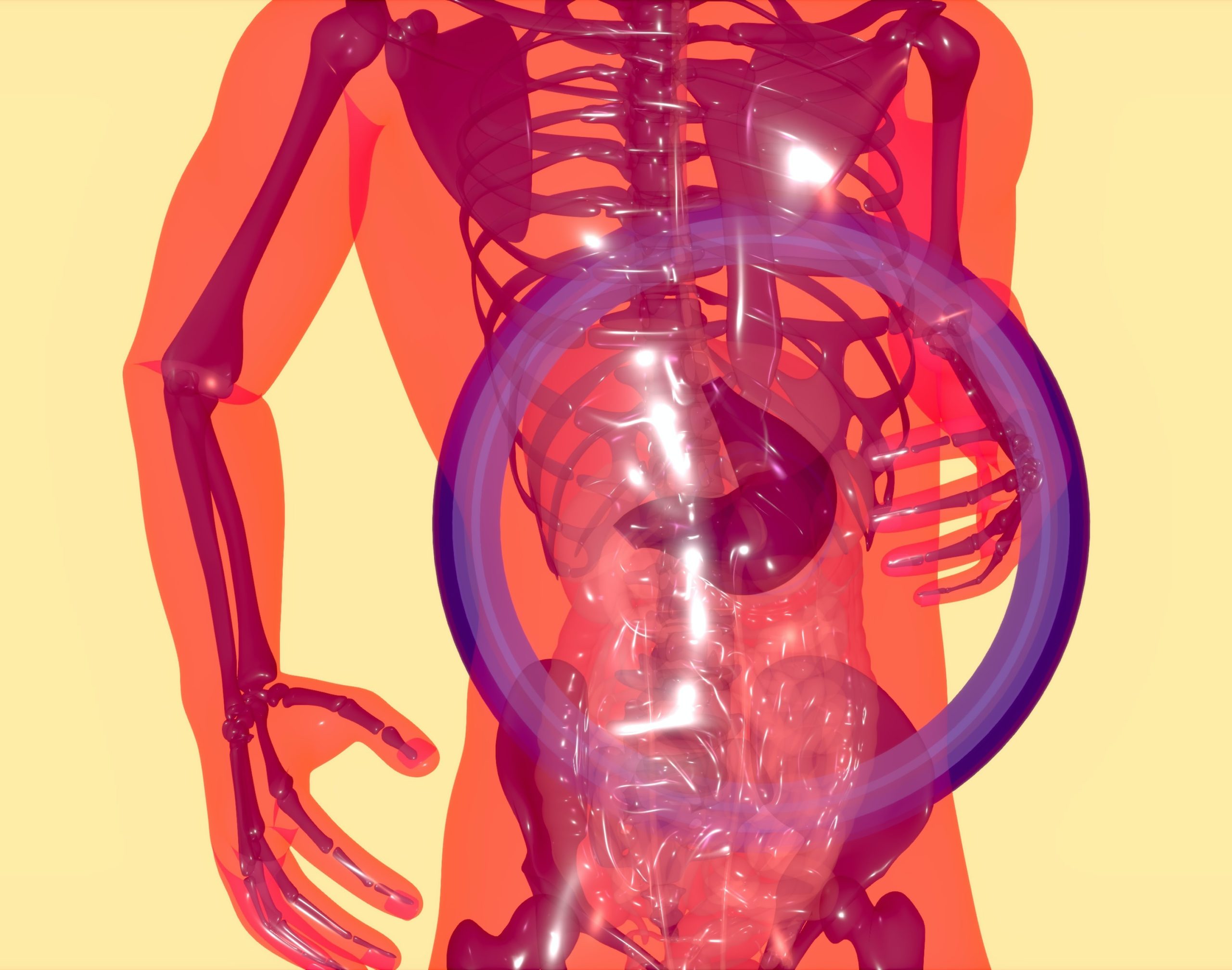Liver disease is a progressive condition that can have serious health consequences if left untreated. It can progress through several stages, from fatty liver to cirrhosis, and understanding these stages is crucial for early detection and treatment.
Fatty liver disease is the first stage of liver disease, and it is characterized by the buildup of fat in the liver cells. This can be caused by excessive alcohol consumption, obesity, or other metabolic disorders. Fatty liver disease is often asymptomatic and can be diagnosed through blood tests or imaging studies.
If left untreated, fatty liver disease can progress to a more severe form known as nonalcoholic steatohepatitis (NASH). NASH is characterized by inflammation and damage to the liver cells, and it can lead to fibrosis or scarring of the liver.
If fibrosis continues to progress, it can lead to cirrhosis, the most severe form of liver disease. Cirrhosis is characterized by extensive scarring of the liver, which impairs its ability to function properly. Cirrhosis can lead to a range of serious health problems, including liver failure, portal hypertension, and an increased risk of liver cancer.
The stages of liver disease are progressive, but early detection and treatment can slow or even stop the progression of the disease. Treatment options for liver disease include lifestyle changes such as a healthy diet and exercise, medications to reduce inflammation and promote liver health, and in severe cases, liver transplant.
It is important to note that liver disease is a preventable condition in many cases. Maintaining a healthy weight, limiting alcohol consumption, and getting vaccinated against hepatitis B can all reduce the risk of developing liver disease. Early detection through regular screening is also crucial for the effective management of liver disease.
In conclusion, understanding the stages of liver disease is crucial for early detection and treatment. Fatty liver disease, nonalcoholic steatohepatitis, and cirrhosis are all progressive conditions that can have serious health consequences if left untreated. By taking steps to maintain a healthy lifestyle and getting regular medical check-ups, individuals can reduce the risk of developing liver disease and improve their overall liver health.




